The Zodiac Renaissance: Not in Retrograde

The Pattern is one astrology application among many. (Courtesy of Facebook)
November 6, 2019
Hang on for a minute...we're trying to find some more stories you might like.
Email This Story
It has been a conversation starter for decades: “What’s your sign?”
Through the years, the average person may have given a one-word answer and moved on, or not even known the answer at all. For many millennials and zoomers, though, the more appropriate question is, “What’s your chart, and what does Co-Star say about it?”
In the current sociopolitical climate of the United States, where almost nothing is predictable and everything feels out of control, higher powers like astrology have become appealing. And while astrology is not inherently religious, young people follow its teachings and belief systems with a devout fervor.
Though hearing the phrase “Mercury Retrograde” may induce eye-rolls from some, it is empowering to people who believe that the planets decide our personalities. When I explain how the zodiac calendar works to others, more often than not, they are impressed by how accurate it is. Applications like Co-Star, The Pattern and Sanctuary have brought astrology to the digital world, making this ancient practice more accessible and taken more seriously than ever before.
For those who are not aware, apps like these take your birth chart information — date, time and location of your birth — and provide daily insights on everything your placements could possibly determine your life, from how well you’ll be able to communicate with others to how you behave in relationships. The Pattern, specifically, tends to offer advice for the long run, providing insight to what you might like the rest of your life to look like, whether personally or professionally.
Now for my own astrology journey. I always knew I was a Scorpio — gasp, I know, we’re the worst — but it wasn’t until a friend from high school, who was older and smarter, explained that astrology goes beyond just your sun sign, that I understood it all.
The basics: your big three are the most important placements. They consist of sun sign, which determines basic personality traits; moon sign, which dictates inner feelings and mood; and rising sign, which is based on the precise time of birth and determines outer appearance. For example, I am a Scorpio sun, Capricorn moon and Aquarius rising.
As I read about these placements, as well as other more specific ones, everything began making sense. I’ve been hooked ever since. I follow dozens of astrology accounts on social media, own several books on the subject and have looked up an unfathomable number of birth charts.
It has reached such a peak in popularity, especially with people in their late teens and early twenties, perhaps because any person with an internet connection can discover their chart. It’s free and easy.
And while astrology certainly doesn’t replace professional guidance or help, it does provide a path for those who feel helpless and are looking for answers. I would like to say that I take my astrology apps’ advice with a grain of salt, but I usually find the advice, or an app’s perception of my life, spot-on in weirdly specific ways.
I am fully aware of how ridiculous I might sound when I sing astrology’s praises, but it has provided new insight into my own actions and thoughts that I had never considered before. For that, I maintain my status as a believer.
For example, The Pattern once described effects of childhood trauma and emotionally formative situations that perfectly matched ones I had as a kid. Imagine downloading an app in a harmless attempt to learn a little bit about yourself, and it starts digging up stuff like that.
It was accurate, though, and almost validating, as it gave me real advice about personal things I’ve either buried over the years or been too afraid to talk about.
Another time, a friend and I received different notes on what we look for in relationships, and they fit each of us scarily accurately. In fact, her post described — in extreme detail — things that were likely to happen to her in relationships when those exact things had just happened in her last long term relationship.
As many of my friends will tell you, I’m hard to impress or convince — it’s a Scorpio trait, after all — but it was so accurate for each person I showed that I couldn’t just write it off.
Sydney Drager, FCRH ’22, has similar feelings about the zodiac renaissance.
“I think it’s fun, and I think there are threads that everyone can relate to,” said Drager. “Astrology is accessible and special for each individual.”
Madison Hennessey, FCRH ’20, agreed.
“I think that it’s nice to believe in a higher power controlling our lives,” said Hennessey. “It gives us some sense of direction where, otherwise, it might be hard to come by.”
With social media, astrology becomes immensely relatable and accessible, especially for people who may have never heard of anything about the stars beyond horoscopes or an introductory Astronomy course.
Celebrities, for example, by simply sharing daily messages from The Pattern on Twitter or Instagram, inspire their hundreds of thousands of fans to join in.
Culture publications like Garage and Vulture also regularly post about astrological phenomena, which not only introduces it to its readers but also legitimizes it in our culture as a whole.
There is a demand for astrology-based content that media outlets and companies are seemingly prepared to satiate.
As long as people continue to understand themselves better through astrology, I believe public interest in the stars will twinkle for many years.

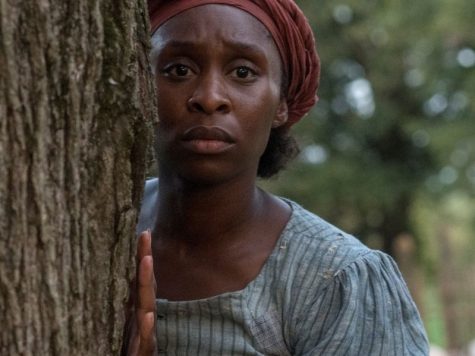
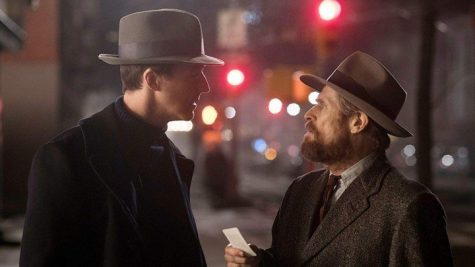

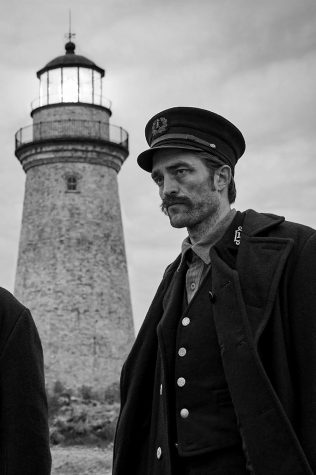
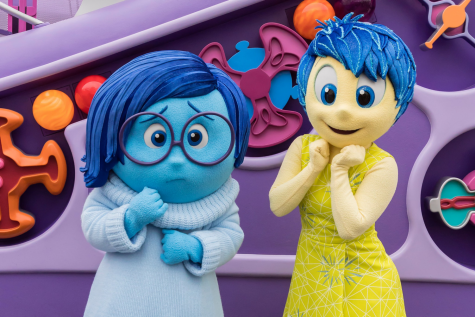

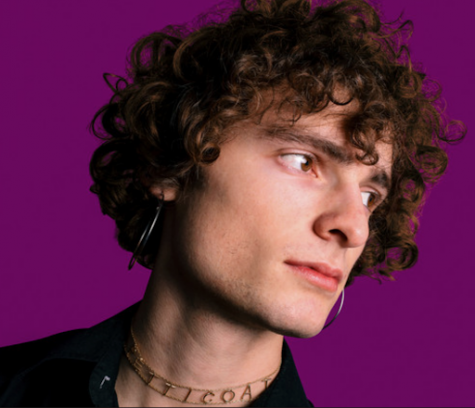
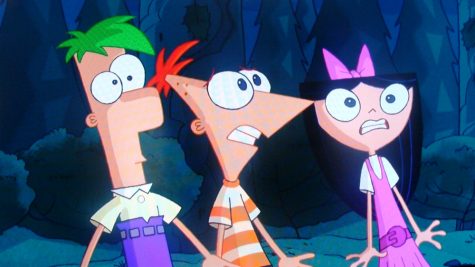


If you want a picture to show with your comment, go get a gravatar.